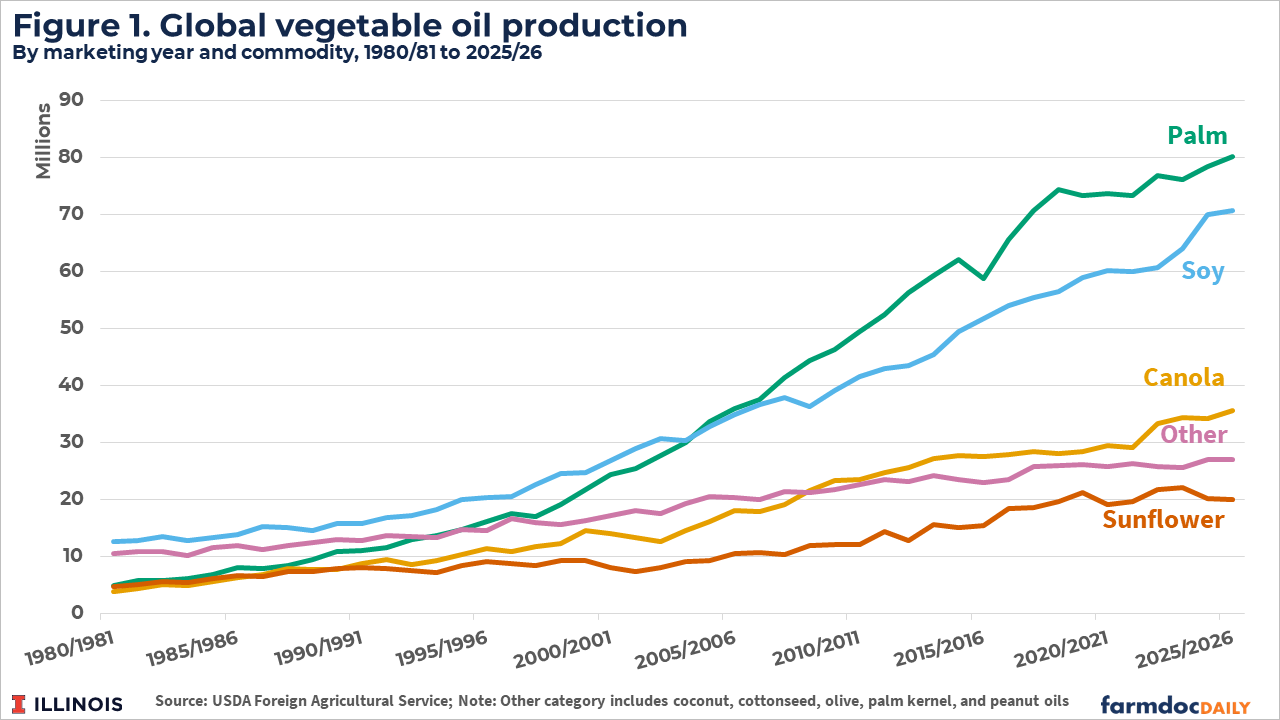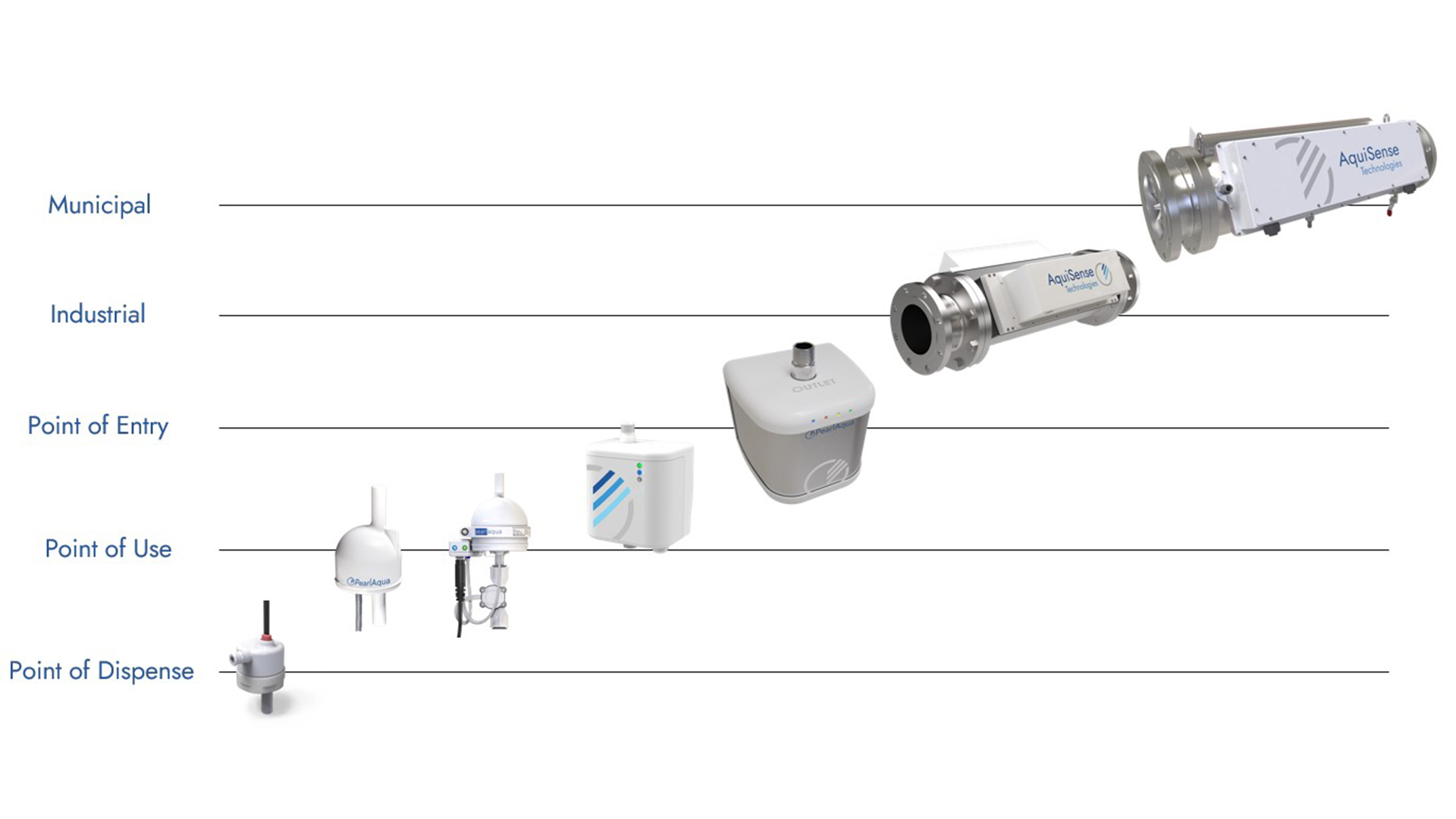Xinhua Commentary: Sovereign equality is anchor of fairer global governance – Xinhua

Report on the Global Governance Initiative and its Alignment with Sustainable Development Goals
Introduction: The Global Governance Initiative
A Global Governance Initiative (GGI) was recently proposed by Chinese President Xi Jinping at the Shanghai Cooperation Organization (SCO) meeting. The initiative’s central premise is a commitment to sovereign equality as a foundational principle for legitimate and fair global governance. This report analyzes the GGI’s core tenets and their direct correlation with the United Nations’ Sustainable Development Goals (SDGs), particularly those concerning peace, equality, and global partnerships.
Core Principles and Linkage to SDG 16: Peace, Justice and Strong Institutions
The GGI’s emphasis on sovereign equality is a direct call to action for strengthening global institutions, a key objective of SDG 16. The initiative defines sovereign equality through several key components:
- Respect for the sovereignty and dignity of all countries, irrespective of their size, strength, or wealth.
- Non-interference in the domestic affairs of other nations.
- The right of every country to independently choose its social system and development path.
- The right to equal participation, decision-making, and benefit-sharing in the global governance process.
These principles align with SDG 16 targets aimed at developing effective, accountable, and transparent institutions (Target 16.6) and ensuring responsive, inclusive, and representative decision-making at all levels (Target 16.7).
Addressing Global Imbalances and Promoting SDG 10: Reduced Inequalities
The GGI addresses the persistent challenges of unilateralism, protectionism, and hegemonism, which create significant inequalities within the current global order. The initiative advocates for the democratization of international relations, with a specific focus on correcting the historical underrepresentation of Global South nations in global governance systems.
This objective is in direct support of SDG 10 (Reduced Inequalities). Specifically, it mirrors the ambition of Target 10.6, which calls to “ensure enhanced representation and voice for developing countries in decision-making in global international economic and financial institutions in order to deliver more effective, credible, accountable and legitimate institutions.”
Fostering Global Partnerships for Sustainable Development (SDG 17)
China’s stated commitment within the GGI framework is to champion multilateralism and advocate for the interests of developing countries. This approach is presented as a practical application of SDG 17 (Partnerships for the Goals), which underscores the necessity of global cooperation to achieve the 2030 Agenda. China’s declared strategy includes:
- Pursuing mutual respect and mutual benefit in its relations with all nations.
- Upholding fairness and justice in international affairs while opposing hegemonic practices.
- Actively working to enhance the representation and voice of developing countries in global governance structures.
By fostering such partnerships, the initiative aims to build the consensus required to tackle shared global challenges and advance sustainable development for all.
Conclusion: A Framework for Common Development and the 2030 Agenda
The Global Governance Initiative posits that adherence to sovereign equality is the only path to securing legitimacy and fairness in global governance. This foundation is deemed essential for building cooperation that leads to common development and win-win outcomes, which are central to the entire 2030 Agenda for Sustainable Development. By promoting equal rights, opportunities, and rules, the GGI framework seeks to create a more just and equitable international system capable of addressing global challenges and advancing the full spectrum of SDGs, from poverty reduction (SDG 1) to decent work and economic growth (SDG 8). China reaffirms its commitment to collaborating with other developing nations to safeguard common interests and reform the global governance system in alignment with these sustainable development principles.
Analysis of SDGs, Targets, and Indicators in the Article
1. Relevant Sustainable Development Goals (SDGs)
-
SDG 10: Reduced Inequalities
- The article directly addresses the inequality between nations. It advocates for a global system where all countries, “regardless of size, strength or wealth,” have “equal rights, equal opportunities and equal rules.” The text explicitly mentions the goal is to address the “inequalities embedded in the current global order” and correct the “historical injustice” of inadequate representation for developing nations.
-
SDG 16: Peace, Justice and Strong Institutions
- The core theme of the article is the promotion of “fairness and justice” in global governance. It calls for building legitimate and fair institutions by adhering to “sovereign equality.” The text emphasizes the need to “push the global governance system toward greater fairness and justice” and ensure “responsive, inclusive, participatory and representative decision-making” by opposing “hegemony, power politics and the attempts of a few to dictate the destiny of others.”
-
SDG 17: Partnerships for the Goals
- The article promotes multilateralism and global partnerships as a means to solve global issues. It highlights that China “champions multilateralism” and will “work with fellow developing nations to firmly safeguard common interests, tackle global challenges together.” The goal is to build “consensus and cooperation” to achieve “win-win results and common development,” which is the essence of global partnerships for sustainable development.
2. Specific Targets Identified
-
Target 10.6: Ensure enhanced representation and voice for developing countries in decision-making in global international economic and financial institutions in order to deliver more effective, credible, accountable and legitimate institutions.
- This target is central to the article’s argument. The text states that the “representation and voice” of Global South nations “in the global governance system remain far from adequate.” It calls for this “historical injustice” to be corrected and for China’s efforts to “enhance their representation and voice in global governance.”
-
Target 16.7: Ensure responsive, inclusive, participatory and representative decision-making at all levels.
- The article advocates for a system where every country has the “right to participate in, make decisions in and benefit from the global governance process as equals.” This directly aligns with the goal of inclusive and participatory decision-making. The call to “advance the democratization of international relations” is a clear reference to this target.
-
Target 16.8: Broaden and strengthen the participation of developing countries in the institutions of global governance.
- This target is explicitly supported by the article’s focus on the “Global South.” The text argues that these nations “are rising collectively” but their participation is insufficient. The commitment for China to “work with fellow developing nations to firmly safeguard common interests” and enhance their role is a direct call to action for this target.
3. Indicators Mentioned or Implied
-
Indicator 10.6.1 / 16.8.1: Proportion of members and voting rights of developing countries in international organizations.
- While the article does not provide specific numbers, this indicator is strongly implied. The discussion revolves around the “representation and voice” of developing countries in the global system. The critique that their representation is “far from adequate” and the call to “enhance” it suggests that the proportion of membership and voting power is the key metric for measuring progress towards the fairness and equality advocated in the text.
Summary Table of SDGs, Targets, and Indicators
| SDGs | Targets | Indicators |
|---|---|---|
| SDG 10: Reduced Inequalities | Target 10.6: Ensure enhanced representation and voice for developing countries in decision-making in global international economic and financial institutions. | Indicator 10.6.1 (Implied): Proportion of members and voting rights of developing countries in international organizations. |
| SDG 16: Peace, Justice and Strong Institutions |
Target 16.7: Ensure responsive, inclusive, participatory and representative decision-making at all levels.
Target 16.8: Broaden and strengthen the participation of developing countries in the institutions of global governance. |
Indicator 16.8.1 (Implied): Proportion of members and voting rights of developing countries in international organizations. |
| SDG 17: Partnerships for the Goals | The article supports the overall goal of strengthening global partnerships through its emphasis on multilateralism and cooperation to “tackle global challenges together.” | No specific indicators are mentioned or implied. |
Source: english.news.cn

What is Your Reaction?
 Like
0
Like
0
 Dislike
0
Dislike
0
 Love
0
Love
0
 Funny
0
Funny
0
 Angry
0
Angry
0
 Sad
0
Sad
0
 Wow
0
Wow
0









































































